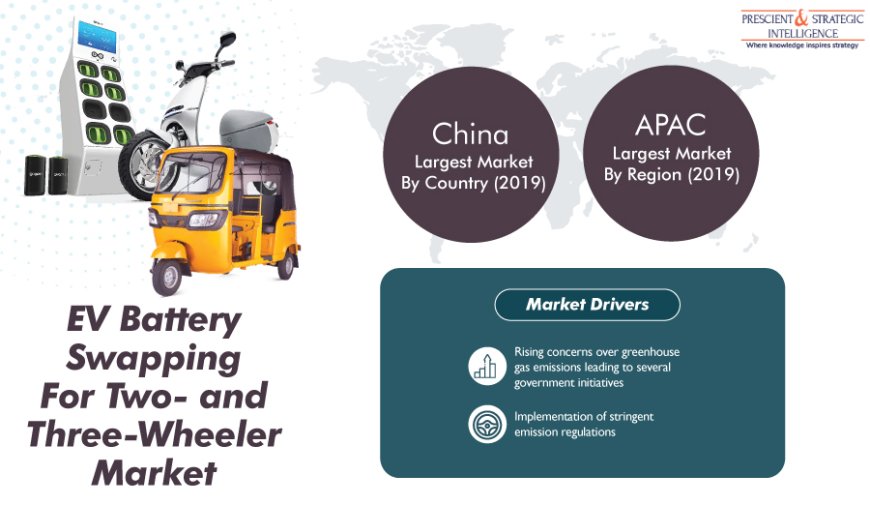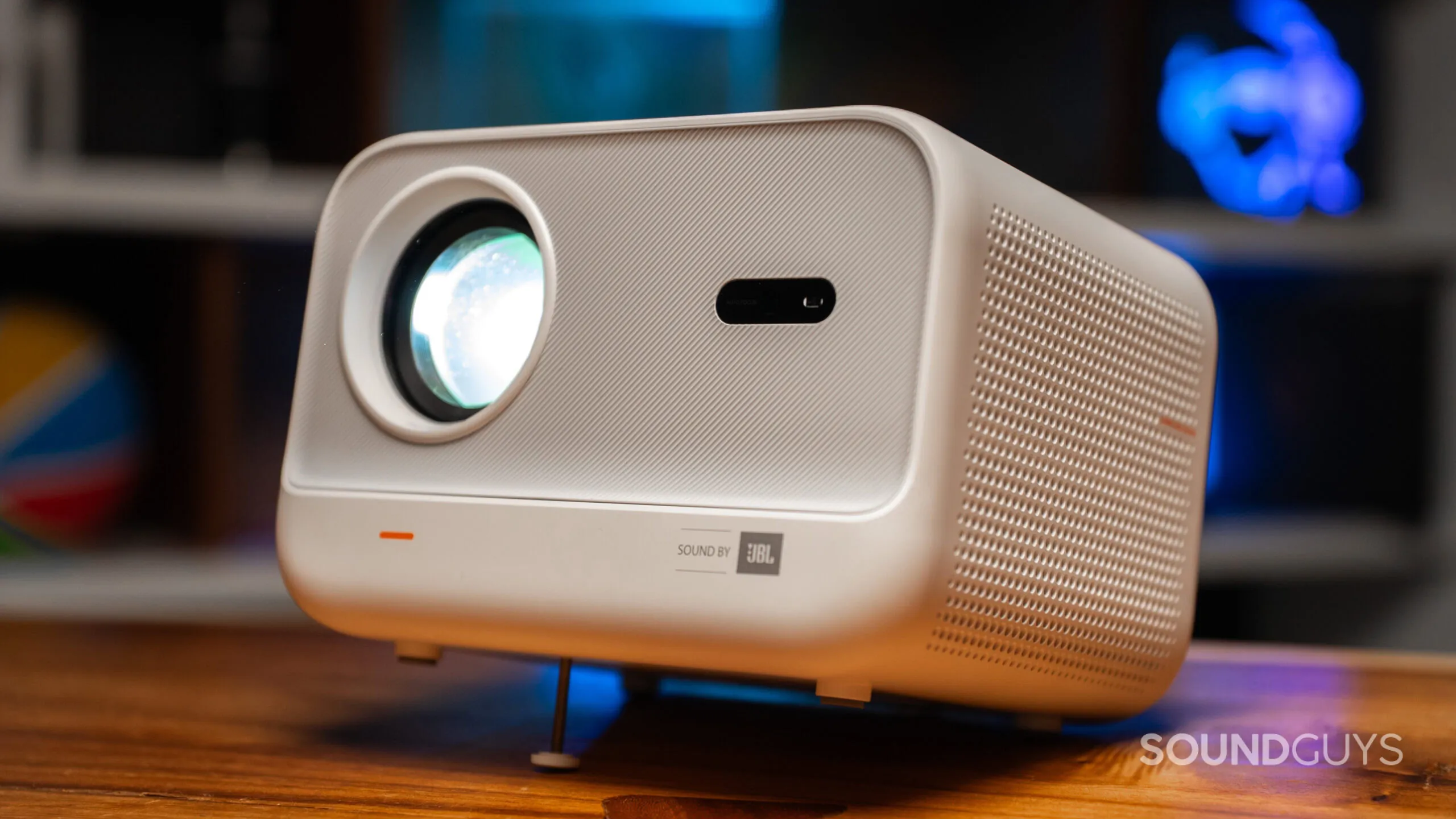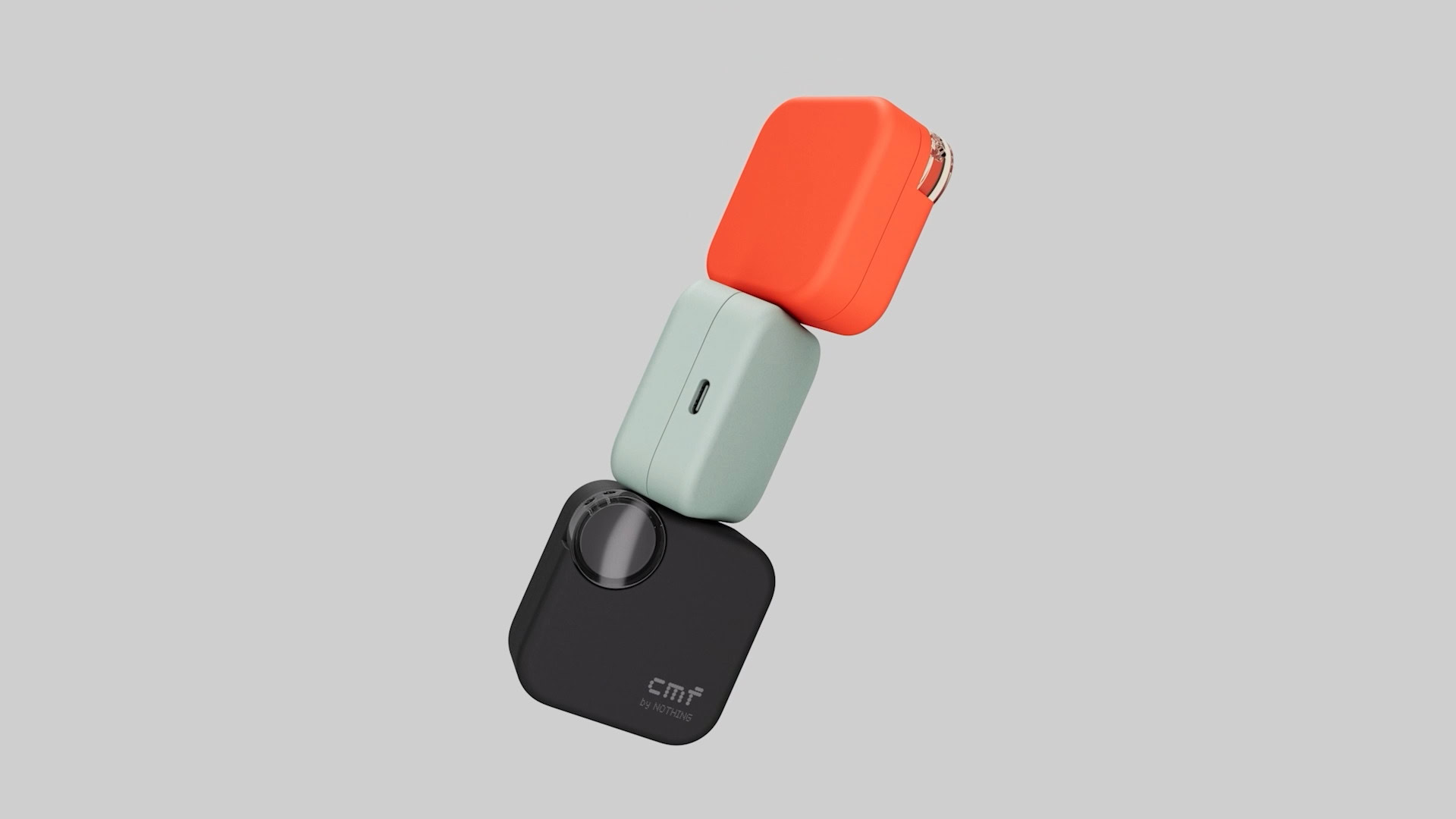Charging Revolution: Insights into the EV Battery Swapping for Two- and Three-Wheeler Market
Explore the transformative landscape of electric vehicle (EV) battery swapping for two- and three-wheelers, where convenience, sustainability, and rapid charging converge. Dive into the latest market trends, technological advancements, and market dynamics shaping the EV battery swapping market, ushering in a new era of green mobility.

The EV battery swapping for the two- and three-wheeler market is experiencing growth, according to P&S Intelligence.
The rising demand for two-wheelers in business-to-business services like hailing, scooter sharing, and last-mile transport armed with thriving electric three-wheeler (rickshaw sales) for passenger and load carrying has offered prospects for battery-swapping places to arise.
Asia-Pacific is a center for electric three-wheelers and two-wheelers, which are utilized mainly for passenger transportation, particularly for last-mile transport. However, the deficiency of satisfactory charging amenities is a key issue for most electric three-wheeler and two-wheeler possessors.
Additionally, the mainstream drivers of such vehicles charge the vehicles two times a day, mainly because a single charge is not enough to run them for the whole day. Charging such vehicles in the hours of daylight, for two to three hours during top work hours, outcomes in a loss of revenue.
In recent years, the subscription model category had the larger share in the EV battery swapping for the two- and three-wheeler market, based on service type. This can be credited to its advantages provided over the pay-per-use model, including, reduced price per swapping, battery rental, and affordability, due to which clientele have usually favored the subscription model.
Furthermore, the battery in a two- or three-wheeler costs 30-40% of its entire price. The subscription model provides the suppleness to buy the vehicle without the battery, therefore supporting reducing the price of electric vehicles.
The EV battery swapping for the two- and three-wheeler industry is projected to experience faster development in the Li-ion bifurcation, based on battery type, as Li-ion is being measured as the technology of the future.
Li-ion-battery-based two-wheelers accounted for 65% of entire EV sales in APAC, 92% of the total sales in North America, and 97% of the overall sales in Europe in recent years.
Additionally, in the coming few years, nearly all the two-wheelers sold throughout the world will be Li-ion-battery-based. The government aid for Li-ion-battery-based low-speed EVs in key markets, like India and China, is also projected to aid the development of this bifurcation in the near future.
Internationally, APAC, dominated by China, is the leading region in EV battery swapping for the two- and three-wheeler industry. India and China are the two largest industries for electric two and three-wheelers in the globe. The successful acceptance of the battery-swapping idea in Taiwan has given a lift to the industry in the region. Moreover, the high populace density in key metropolises, armed with the massive two-wheeler user base, is promoting the industry in the region.
What's Your Reaction?
 Like
0
Like
0
 Dislike
0
Dislike
0
 Love
0
Love
0
 Funny
0
Funny
0
 Angry
0
Angry
0
 Sad
0
Sad
0
 Wow
0
Wow
0




















































